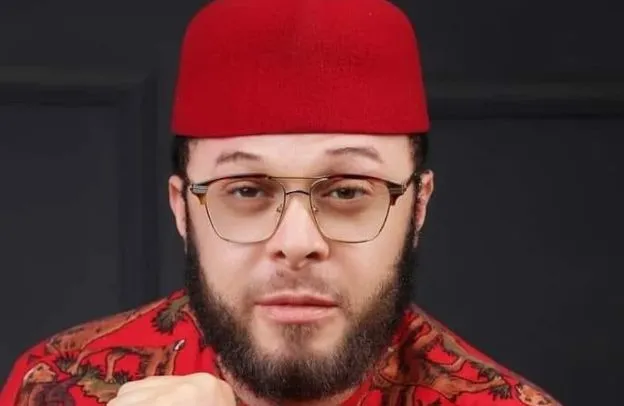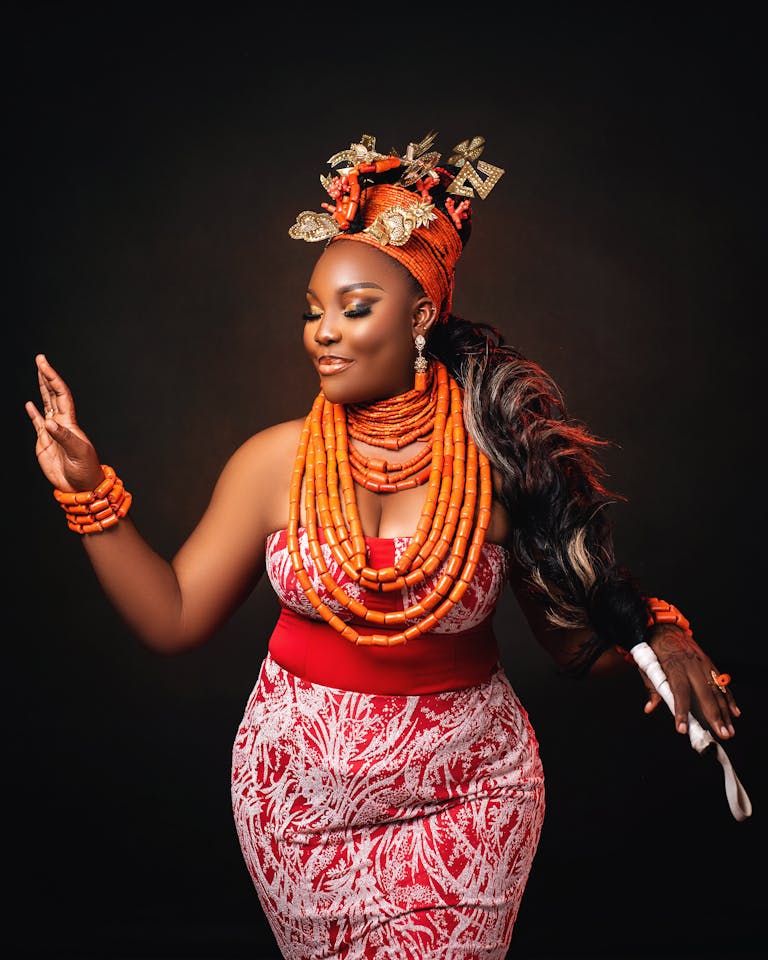Trump Orders Military Readiness for Nigeria Amid Claims of Religious Genocide and Diplomatic Tensions

A recent directive from U.S. President Donald Trump, ordering the military to “prepare for possible military action” in Nigeria, has ignited a diplomatic firestorm and exposed the stark chasm between a potent political narrative and a complex, multi-faceted security crisis.
Learn How to Leverage Your Story through our Story To Asset Framework.
This is a continuation of the series: Trump on Military Intervention in Nigeria – what really is going on and what you need to know to make senses of the situation.
Mr. Trump’s justification, articulated in a series of social media posts, centers on an alleged “genocide” of Christians in Nigeria, a claim that has been gaining traction in some right-wing circles in the United States. His threat was escalatory and explicit.
“They’re killing record numbers of Christians in Nigeria,” the U.S. president stated Sunday, vowing, “We’re not going to allow that to happen.”
See also First U.S. Presidential Candidate Debate
This was preceded by a Saturday post threatening to send the military in “guns-a-blazing” and to cut all aid to the “now disgraced country.” The rhetoric was almost immediately amplified by U.S. Defence Secretary Pete Hegseth, who responded, “Yes sir. The Department of War is preparing for action.”
This American posture, however, is being met with a firm, detailed rebuttal from Nigerian leadership, which argues this narrative fundamentally misdiagnoses the country’s security challenges.
The situation highlights a clash of realities: one a simplified, religiously-charged call to action, the other a deeply rooted crisis with complex ethnic, environmental, and political underpinnings.
The Two Competing Narratives
At the heart of this international tension are two profoundly different explanations for the violence in Nigeria.
1. The U.S. Administration’s Narrative: A Religious Genocide
President Trump’s position is clear: Christians are being systematically targeted and “killed in very large numbers” by “terrorist thugs” due to their faith, and the Nigerian government is failing to protect them.
This narrative was formalized when Trump declared Nigeria a “Country of Particular Concern,” a U.S. State Department designation for nations engaged in “severe violations of religious freedom,” which can trigger sanctions. This move frames the violence in Nigeria as a clear-cut case of religious persecution.
2. The Nigerian Government’s Narrative: A Complex, Multi-Front Crisis
The Nigerian government strenuously denies this characterization. In a statement, President Bola Tinubu insisted that “the characterization of Nigeria as religiously intolerant does not reflect our national reality” and that the security challenges affect people “across faiths and regions.”
You might also like to see WHERE WAS TRUMP? Ambushing Ramaphosa By Austin Isikhuemen
Daniel Bwala, an advisor to President Tinubu and a Christian pastor, offered a more direct correction. He told the BBC that while Nigeria would welcome U.S. help against insurgents, the jihadists “were not targeting members of a particular religion” and had killed people from all faiths.
Mr. Bwala also attempted to de-escalate the rhetoric, noting Mr. Trump has a “unique way of communicating” and that Nigeria was not taking his words “literally,” expressing hope for a diplomatic meeting between the two leaders.
What the Data Says: Deconstructing the Violence
To understand the gap between these two narratives, it is essential to analyze the distinct, though sometimes overlapping, conflicts within Nigeria. Data from conflict monitoring groups, such as the Armed Conflict Location & Event Data Project (Acled), provides critical, non-partisan context.
Conflict 1: The Jihadist Insurgency (Northeast Nigeria)
This is the conflict involving well-known groups like Boko Haram and its offshoot, Islamic State West Africa Province (ISWAP).
- These groups have “wrought havoc… for more than a decade,” as the source material notes.
- However, Acled’s data, as well as analyses from other human rights groups, consistently show that the primary victims of these jihadist groups have been other Muslims.
- The insurgents attack mosques, markets, and villages in a region that is predominantly Muslim, targeting anyone—Muslim, Christian, or otherwise—who rejects their hardline ideology.
- This fact directly contradicts the narrative that the primary violence is a targeted campaign by Islamist militants against Christians.
Sources: Africa Overview: October 2025 | ACLED
Conflict 2: The Farmer-Herder Clashes (Central Nigeria)
This is a separate, long-running, and incredibly bloody conflict that is often conflated with the jihadist insurgency.
- The clashes are primarily between semi-nomadic herders (who are often Muslim Fulani) and settled farming communities (who are often, though not exclusively, Christian).
- While this conflict has a clear religious and ethnic dimension, human rights groups and analysts on the ground overwhelmingly identify the root cause as environmental and economic: a competition for scarce resources, specifically access to water and pasture, exacerbated by climate change, population growth and lack of government regulation.
- The violence is characterized by “deadly cycles of tit-for-tat attacks,” with atrocities committed by both sides but mostly by the herders who often carry sophisticated weapons.
- Crucially, reports from Amnesty International and Human Rights Watch have found no evidence to suggest that Christians are being disproportionately targeted in a systematic “genocide.” Rather, it is a resource war that has taken on a dangerous religious and ethnic identity.
Geopolitics and Domestic Alarms
President Trump’s sudden focus on Nigeria is not occurring in a vacuum. It is seen by many analysts as responsive to a growing number of voices on the American political right who have adopted the “Christian persecution” narrative.
See also Press Conference on USSC Ruling in U.S. v. Texas
This domestic pressure provides a political incentive for the administration’s “Country of Particular Concern” designation and subsequent military posturing.
For Mr. Trump, who has frequently “expressed satisfaction over not having embroiled the US in a war,” this aggressive stance allows him to cast himself as a defender of Christians worldwide, a powerful message for his political base.
Back in Nigeria, the reaction is one of serious alarm. While officials like Mr. Bwala maintain a diplomatic front, the public response on social media shows a populace deeply concerned by the U.S. president’s rhetoric.
There is a widespread desire for the Nigerian government to intensify its own fight against insecurity, if only to “avert a situation where foreign troops are sent into the country.”
Ultimately, the U.S. administration’s rhetoric flattens a devastatingly complex internal security crisis into a simple, binary narrative. This approach not only misrepresents the facts on the ground, particularly the suffering of Muslim victims of jihadism, but it also injects a volatile, external military threat into one of Africa’s most strategic and complex regions.





